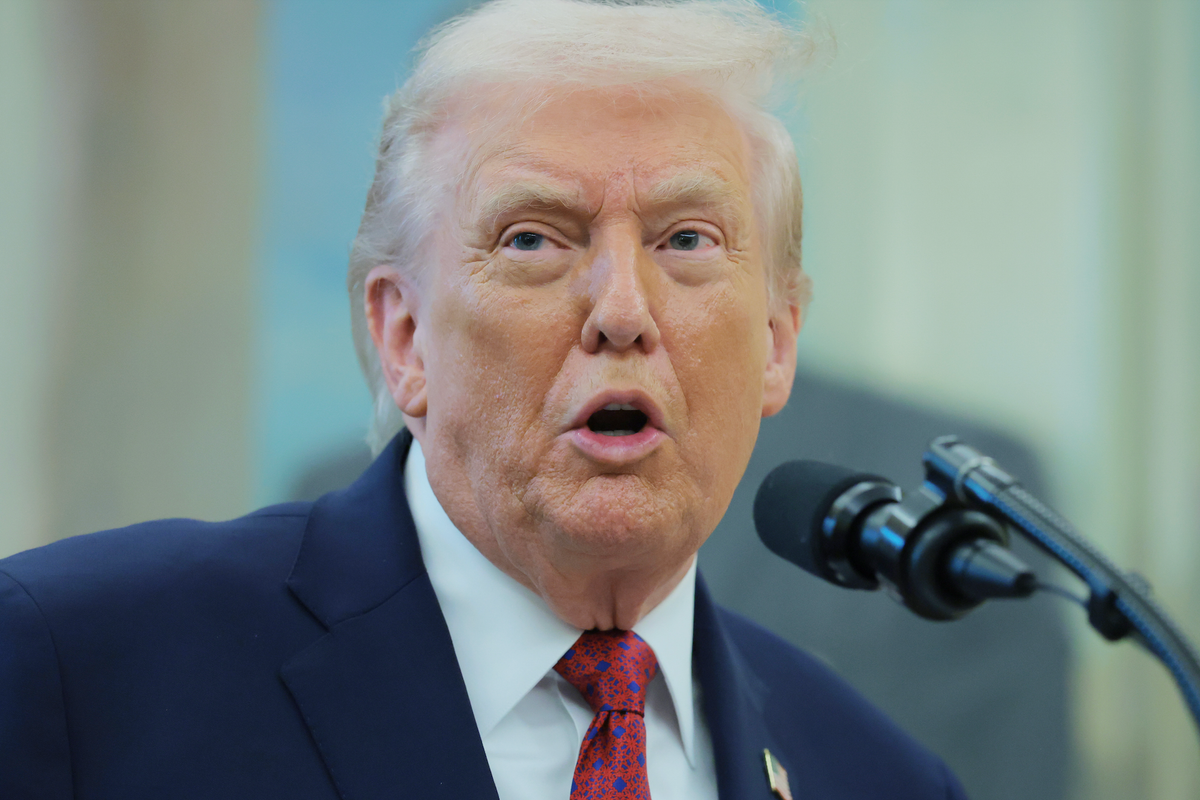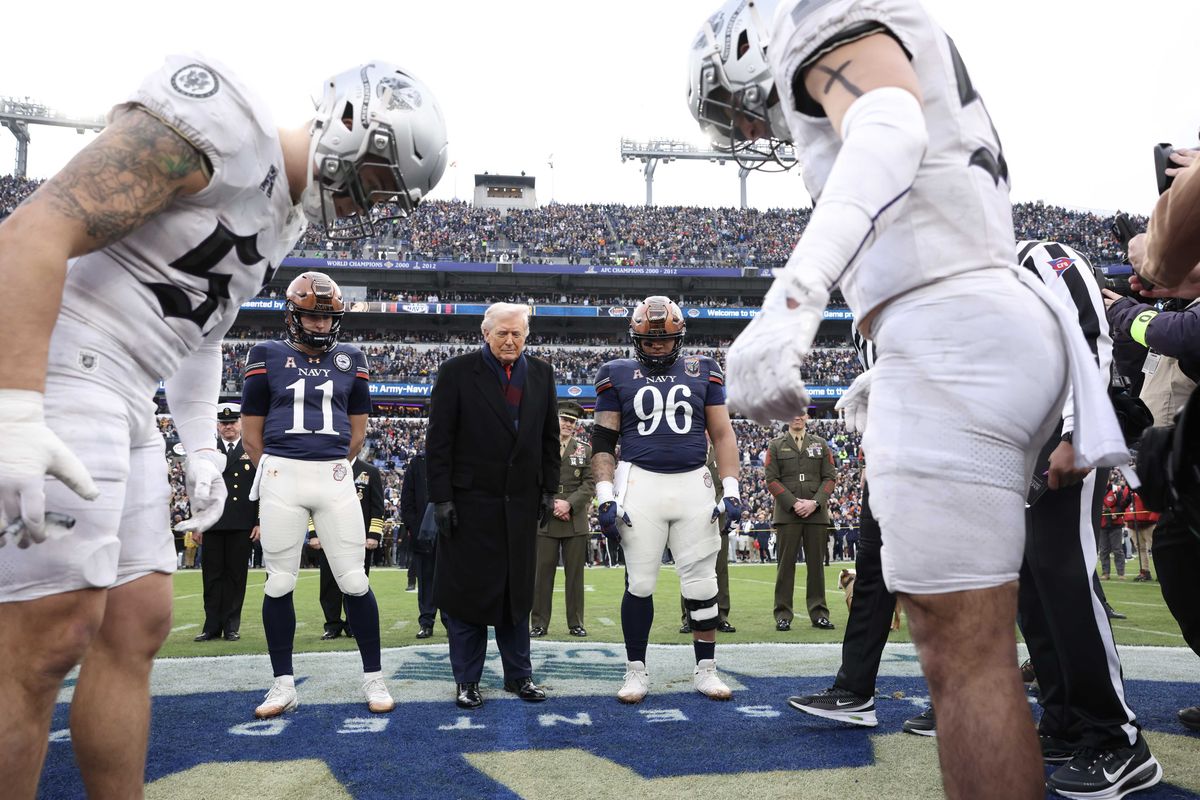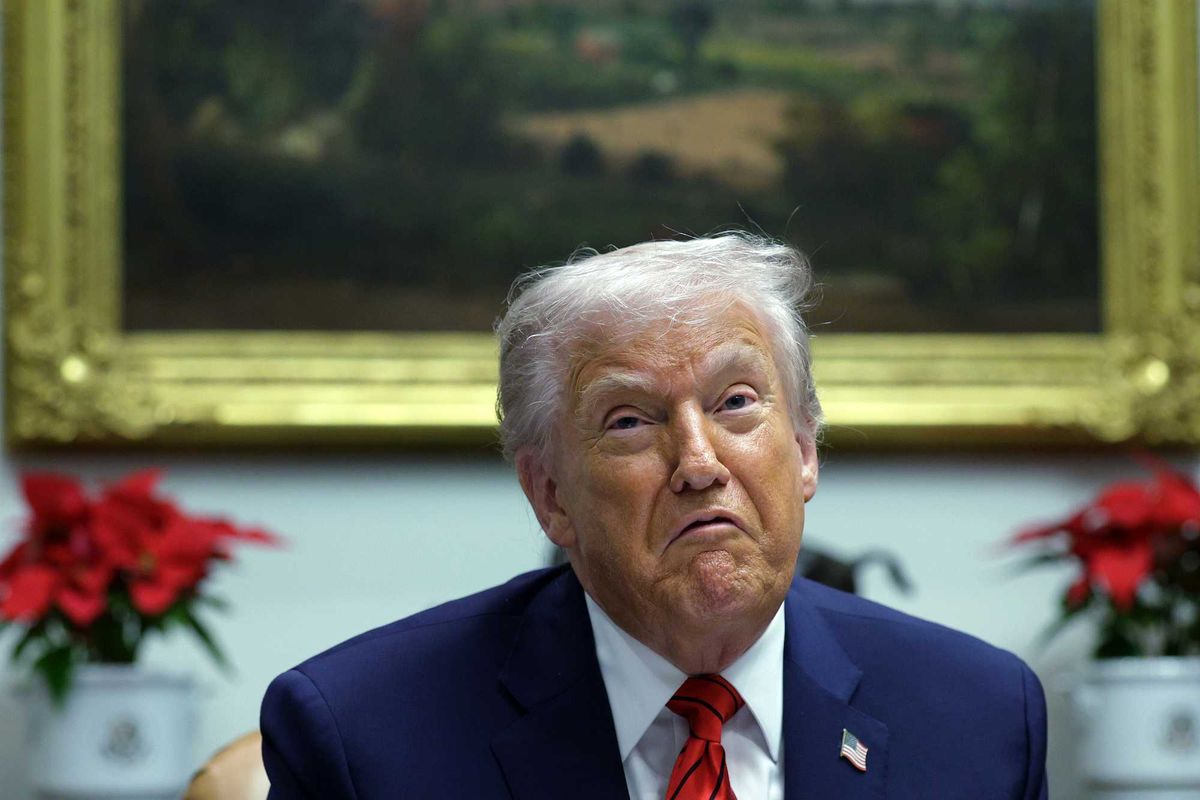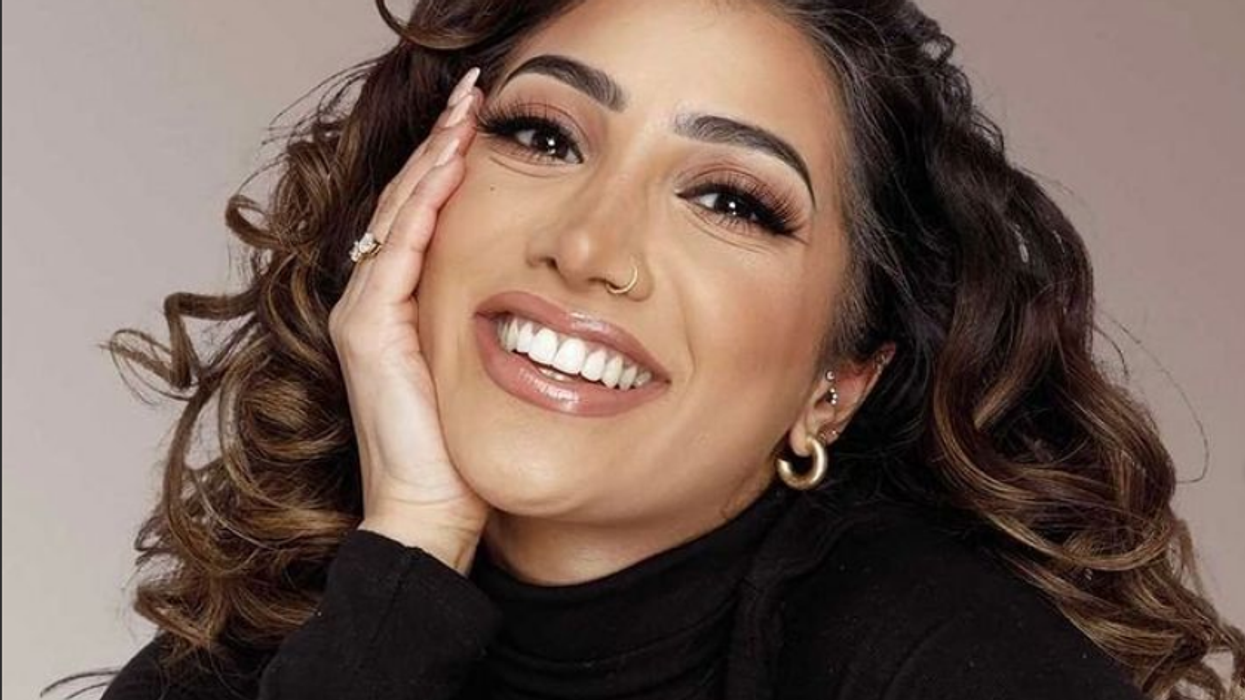
Anchal Seda has spent almost ten years of her life online.
Starting as a YouTuber in 2012 posting makeup and beauty content, Seda is one of the few, successful South Asian beauty influencers in the UK who has made a name for herself as the go-to for brown-girl friendly product recommendations.
Currently, Seda boasts over 200,000 subscribers and 20 million views for her videos that range from makeup tutorials, product recommendations and reviews, and has collaborated with big beauty brands and retailers such as Boots and MAC.
Now, Seda hosts a hit podcast called ‘What Would the Aunties Say?’ and has released an Amazon best-selling book of the same name, that both explore the ins-and-outs of what it’s like to be a South Asian girl growing up in the UK.
She touches on taboo issues such as colourism, racism, caste and mental health for her audience of young Asian girls, who she hopes to help in navigating older, cultural traditions along living their best lives today.
Sign up to our new free Indy100 weekly newsletter
Speaking to Indy100, Seda opened up about her success as a YouTube and influencer, the pressures of being a South Asian girl in a predominantly white industry and the importance of education and speaking out.
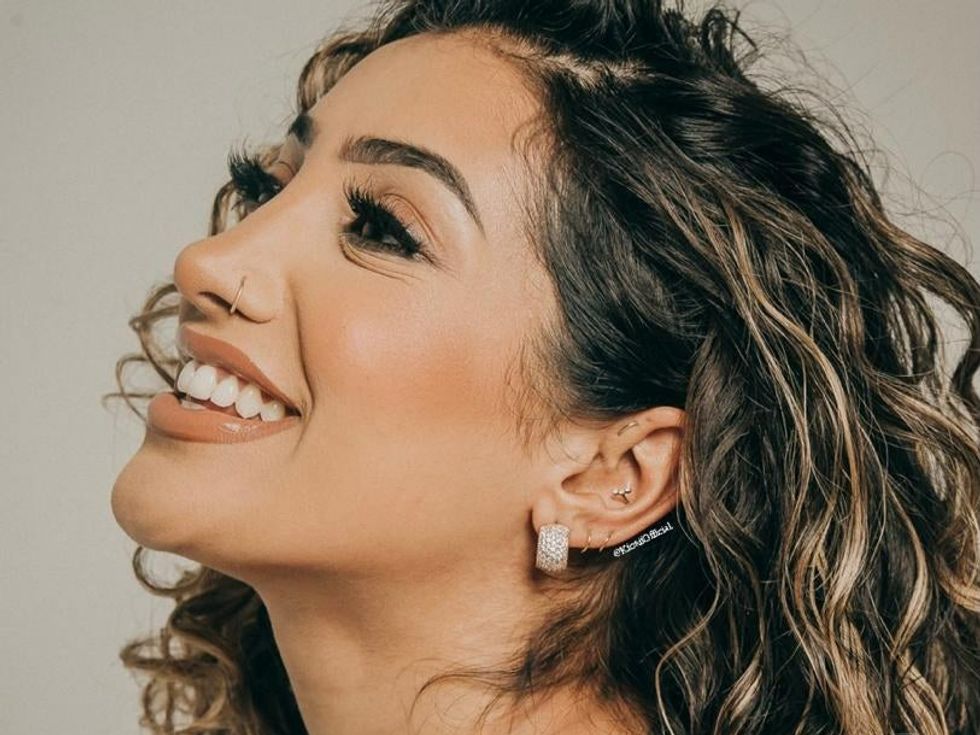
What is a typical day in your life like at the moment?
Every day is so different, I’m constantly switching it up. I try to dedicate half a day to podcasting when I’m doing that, then I’ll dedicate the rest of the day to recording videos or editing. So, I try and split my time and plan based on ‘who am I going to be today?’. It’s usually either a filming day or an editing day, or I try and fit them both.
You’ve been in the beauty influencer and YouTube community for almost ten years - what would you say are the biggest changes you’ve seen during that time?
How short the content is now - the attention span of people is much shorter. When I started, YouTube was huge and that was what I was mainly doing. In the last year, I’ve dropped off it a little bit, because I don’t know how valuable long-form content is anymore. People like quick, instant content like TikTok and Instagram Reels. It’s trying to catch people’s attention really, really fast.
Do you ever feel the pressure to go viral and follow trends?
I do at times, especially as I’m getting older, but you also don’t want to lose yourself and who you are. The thing that I’ve always wanted to do is educate and inspire people through my videos, but it’s really hard to do that in 15 to 30 seconds.
But, over time, I’ve decided I’m not going to try and just do something to go viral. I’m going to do the content that makes me happy and is still valuable to someone so that I can continue loving what I do.
You’re one of the few OG South Asian beauty YouTubers, does that come with any added pressure?
It does. There’s pressure to stay relevant and continue breaking down barriers. But, at the same time, it’s such a beautiful and wonderful thing because then you’re making a pathway for other people. The whole point is so that other brown girls and other South Asian girls feel like ‘oh my god, I can do it too’, which is the best thing. It’s nice to represent and make other people feel seen.
Regarding the beauty industry itself and discrimination within it – have you experienced discrimination in the industry?
The only discrimination I have felt being South Asian in the industry is I feel like sometimes we are overlooked like for mainstream opportunities, which is why I felt so amazing doing a campaign with Boots and seeing myself on a shop window. You never see brown girls in a shop window or in main advertisements. To see myself an Asian girl, at the forefront of something was incredible. Also, to see myself on a billboard - it was surreal, but it just never happens. When do you see your everyday Asian girl on a billboard? You don’t. Unless it’s like a Bollywood movie!
I know that brands work with me and other South Asians directly, but I want to see us on the bigger adverts. I don’t want you to just use my platform for my audience of other South Asians, I want you to put South Asians in bigger places.
Also, for influencer events and things like that, there is tokenism sometimes. You are the token brown girl, when there are so many amazing South Asian women who are killing it. It’s nice to feel seen and think ‘Oh, my God, I made it here’, but at the same time, I don’t just want to be the only one here. There are so many other talented South Asians and they should be in the room as well.
How did your experiences of tokenism make you feel?
It does feel like they’re ticking a box sometimes. When you see influencer events or press, there’s often no one of colour - that hurts more.
Even in PR packages, maybe for a foundation, I get sent a shade that doesn’t match me and is much lighter. I just want there to be a little bit more thought.
I feel like they are slowly getting there and I am seeing those changes, but back in the day, I was definitely getting sent all of the light shades. It does still happen now and again, but I can definitely say that we’re moving in the right direction.
I’ve noticed that the brands that have someone South Asian in the team - they’re the ones that are educating everyone else. When Diwali or Eid is coming up, they’re the ones saying “let’s do something for this!”, then the brand does listen.
But, you can really see when people don’t have the knowledge and overlook things and when people just want to tick boxes. I think it’s really important for brands to educate themselves on cultures and festivities, especially since we live in such a diverse and multicultural world.
For your podcast and book, What Would the Aunties Say, you explore South Asian culture and ‘brown girl’ problems? Why did you choose to explore this over makeup or beauty?
Because I have always felt like there are bigger and deeper things and to talk about. As much as I love beauty and fashion, I felt like there was more I needed to share. I’m such an opinionated person and I don’t get to share much of that through doing makeup videos - I feel like I would slip it in while I’m blending my eyeshadow, but I wasn’t getting into the nitty-gritty of what I really think and feel.
When I was going through my own life experiences, having judgmental aunties or having to live a double life because of family pressures and expectations, I didn’t want to hold that in. Because I thought “well if I’m going through it then somebody has got to be too”. So that’s why I wanted to do something that had a real impact and helps people feel less alone because that’s how I felt.
In WWTAS, you talk about issues such as colourism, anti-blackness, caste and past mental health. Why do you think it’s important to talk about such arguably taboo topics with your audience?
Because I don’t want taboo topics to stay taboo. Why are they even taboo in the first place? We shouldn’t be ashamed to talk about things like colourism, we should address the fact that some of the people in our culture and religion are racist. We need to speak up on these things, start changing our mindsets and hopefully try to change the people around us as well, through positive conversations.
You can’t change people’s minds just by saying “you shouldn’t think this way” – it’s about education. It’s about actually hearing people’s stories and experiences because when you can empathise with someone’s journey, then you might flip a switch in their head. It’s important to have those conversations so that people don’t suffer in silence.
Do you feel people are more engaged in the topics you’re speaking about compared to when you began your YouTube journey?
Oh, absolutely. I feel like now, I see people are actively doing things to support one another. It feels like we’re holding each other’s hands around the world and it’s so lovely because you can go online and feel like you’re not alone.
What has the response been like to the book and podcast?
Out of this world, I couldn’t have even imagined receiving such a response. For the podcast, I did that first and I was just blown away at how many people have resonated with it. Then, with the book, the types of messages I received were so lovely.
I even received a message from a guy. My audience is mainly brown girls but that’s not to say that these issues don’t also impact brown men. So, he was saying how he read the book, he’s listened to the podcast and he could relate to so much of what I was saying, and it really helped him which just made my day. Other people also DM me and share with me - I’m a complete stranger to them, but they feel like they can message me and share their stories with me. It’s almost like they’ve got something off their chest. They’re all saying “I can relate”.
It’s weird because when I was writing the book and recording podcasts, I only know my story and my side of things. So, for so many other people to be able to relate is just crazy.
How are you getting through the brown girl problems that you addressed in WWTAS, in your day-to-day?
I’ve always been quite vocal and years ago, if something upset me, I would have kicked off about it. But now, through my podcasts and book, my parents listen to the episodes so they can hear my point of view, which is the complete opposite to theirs sometimes.
It’s good because then at dinner, we will have a healthy discussion and no one’s kicking off at each other. I feel like it’s just about educating them and calmly, slowly getting through to them as you can’t expect them to listen or understand straight away, just because you want them to. I talk to them from a place of education and love.
What can we expect from you in the future, and what goals do you have?
All I could say for now is I will definitely be doing another podcast season, so watch this space for season three!
My goal is to get either myself or other brown girls in mainstream media. I’d love to see myself - because that’s the only way I know how to do it - on mainstream TV, as you don’t often young brown women on mainstream platforms and channels. That’s kind of the direction I’d love to go in. I don’t want to just create on my own, for my own channel, circle or community. I want everyone to be able to see that we can achieve what everyone else can, so that’s my goal.
You can listen to Seda’s podcast, ‘What Would the Aunties Say?’ here and purchase her book here.
